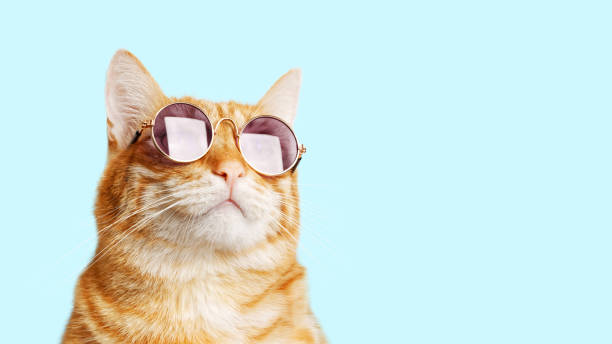Cat Litter Safety For Pregnant Feline Guardians.
Cat Litter Safety For Pregnant Feline Guardians.
Blog Article

Expecting a child is a wondrous celebration, but it likewise comes with a myriad of duties and considerations, specifically for pet owners. Amongst the many issues that arise throughout pregnancy, one that often flies under the radar is the problem of cat litter. While apparently innocuous, cat litter can present risks to pregnant ladies and their coming babies if not dealt with properly. In this article, we dig into the essential info every expectant mom who owns a feline ought to understand to ensure a safe and healthy pregnancy.
The primary interest in cat litter throughout pregnancy lies in its association with toxoplasmosis, a parasitic infection caused by the Toxoplasma gondii parasite. Felines, especially those who spend time outdoors, can become contaminated with this parasite by searching and consuming contaminated prey or by entering contact with polluted soil. As soon as infected, cats can shed the parasite in their feces for a short duration, normally one to two weeks, which is when they become carriers of the illness.
Toxoplasmosis itself may not trigger any signs in healthy individuals, but it can have serious repercussions for pregnant females and their coming babies if contracted during pregnancy. The parasite can be transmitted to people through unintentional intake of infected feline feces, soil, or undercooked meat containing the parasite's cysts. In pregnant women, toxoplasmosis can result in miscarriage, stillbirth, or hereditary impairments in the infant, such as hearing loss, vision problems, or intellectual specials needs.
Offered the potential dangers associated with toxoplasmosis, pregnant women are often recommended to take safety measures when dealing with cat litter. Here are some vital actions to lessen the danger of infection:
If possible, ask cat litter robot a partner, household member, or pal to take over the task of cleaning the litter box during pregnancy. This decreases direct exposure to cat feces, lowering the risk of infection.
If you must clean up the litter box yourself, use non reusable gloves and a mask to avoid direct contact with the feces and inhalation of airborne particles.
Guarantee the litter box is cleaned daily. The Toxoplasma gondii parasite requires a duration of one to 5 days to end up being contagious after being shed in cat feces. Prompt elimination of feces decreases the opportunity of transmission.
After managing cat litter or cleaning up the litter box, wash your hands thoroughly with soap and water to get rid of any possible contamination.
Avoid gardening or dealing with soil, especially without automatic cat litter box gloves, as it may consist of Toxoplasma gondii cysts from feline feces.
To decrease the risk of contracting toxoplasmosis from food, ensure all meat is prepared thoroughly to kill any parasites present.
n addition to taking preventative measures when managing cat litter, pregnant ladies may likewise think about switching to alternative litter options that posture very little risk. Here are some options to standard clay-based cat litter:
Silica gel litter is highly absorbent and effectively manages odor. It poses a lower threat of harboring parasites compared to clay-based litter.
Litters made from natural products such as recycled paper, wood pellets, or corn are biodegradable and ecologically friendly. These litters are normally considered safe for pregnant ladies to handle.
Litters stemmed from plant-based materials like wheat, corn, or pine offer an environment-friendly alternative to standard clay litter. They are complimentary from harmful chemicals and are safe for pregnant females and their animals.
As with any issues during pregnancy, it's vital cat litter box to consult your healthcare provider for tailored guidance and suggestions. If you have any questions or unpredictabilities concerning cat litter and its possible dangers, do not be reluctant to discuss them with your obstetrician or midwife. They can supply guidance tailored to your specific situations and assist minimize any issues you may have.
While owning a feline can bring immense happiness and companionship, it's vital for pregnant females to be knowledgeable about the prospective threats associated with cat litter and take suitable precautions to protect their health and the health of their coming child. By following easy standards and seeking guidance from health care providers, expectant mothers can browse this element of pet ownership safely and delight in a carefree pregnancy alongside their feline buddies.